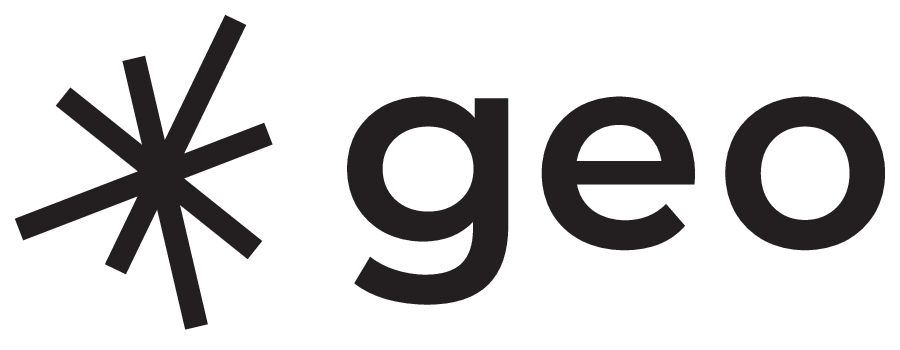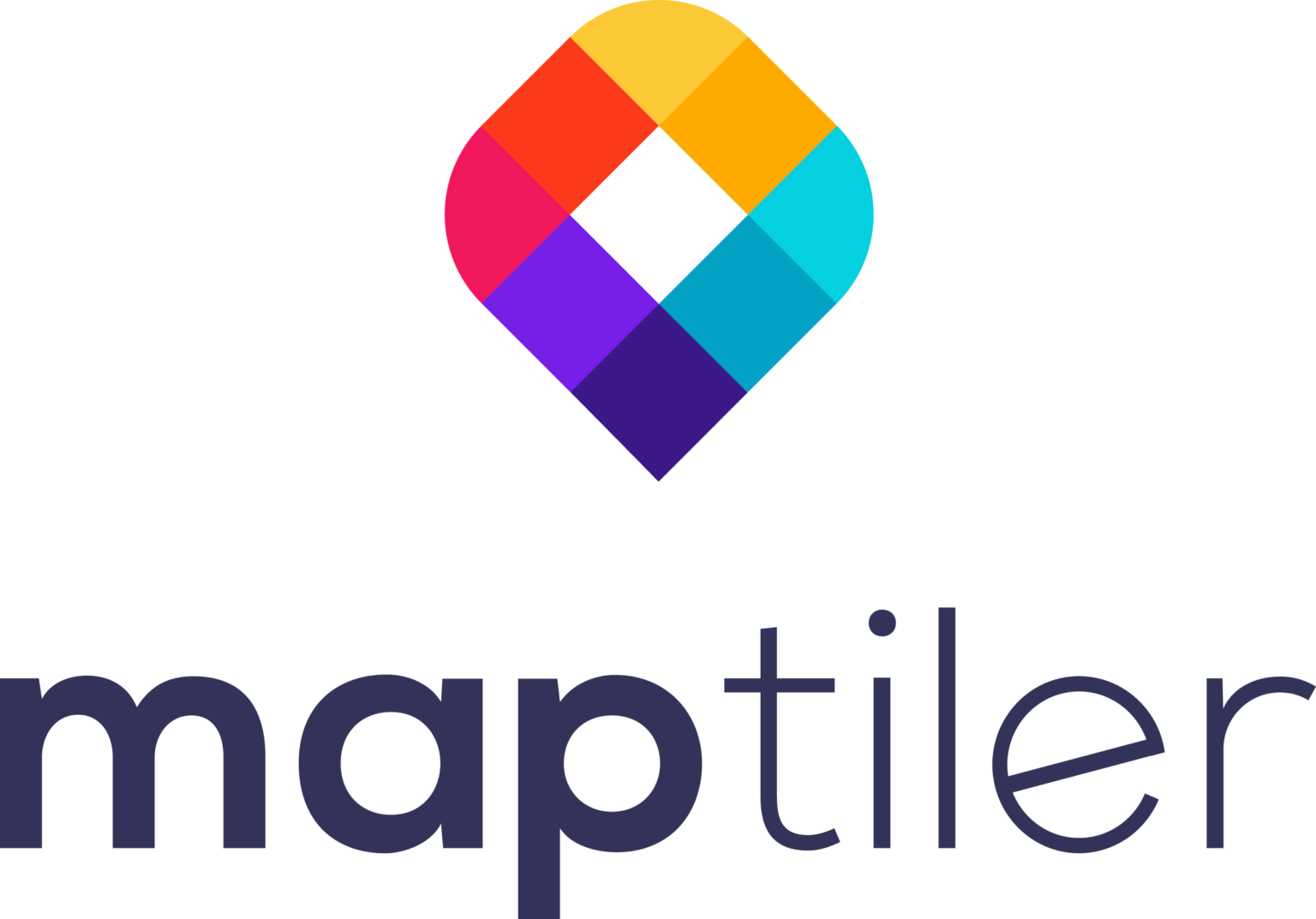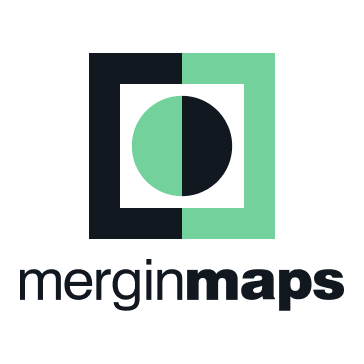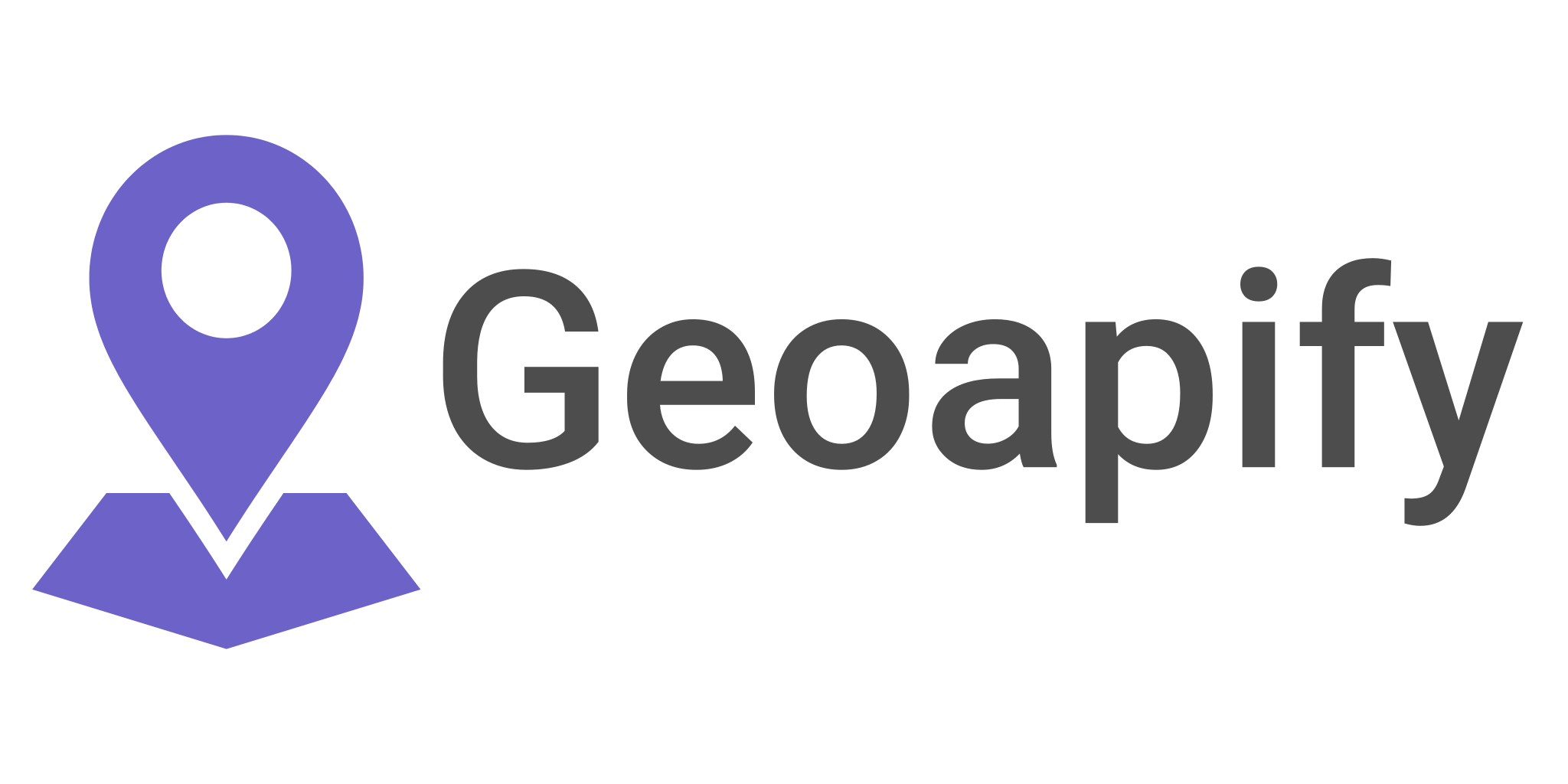The OGC – Promoting Exchange of Geospatial Information
The guest in this episode is Dr Nadine Alameh, the CEO of OGC (the Open Geospatial Consortium). She has been here before and talked about open geospatial standards in the episode Open Geospatial Standards – shared standards to solve shared problems. In this episode the conversation is about the OGC organization. Nadine explains to us what OGC is and what it does, and why its work matters.
What is the OGC?
The OGC is a global membership-based organization for the experts and users in the geospatial community who try to find solutions for complex problems like climate change, natural disasters, and more.
OGC promotes collaboration among the experts and users by making geospatial information FAIR – Findable, Accessible, Interoperable, and Reusable.
The OGC is a place where the right partnerships for solving complex problems are forged. Every country in the world is dealing with big and complex problems.
OGC identifies problems shared by its members and explores opportunities to solve these problems. This brings together partnerships that enable governments to make the data and tools that they may have available to industry experts and facilitate collaboration in finding a solution. Due to so many of these issues being shared, one group solving a problem has the potential to benefit many more.
Why is the OGC Important?
Solving today’s problems requires connections to be made between data collected by different entities using varying technologies and platforms. A single entity would not be able to collect and process all the data by themselves.
Interoperability of spatial data is critical in enabling the exchange of information between countries, government departments, industry, and academics, amongst others. A focus on interoperability made it possible for analysts to gather information from different hospitals across the world and build informative dashboard and web applications to help fight the COVID-19 pandemic.
The geospatial community at the OGC is diverse, creating a pool of knowledge from varied industries and niches. There are existing technologies and methodologies that can help with many of today’s problems and are made available to members of the OGC.
Is Now The Right Timing For Geospatial?
Timing is a big part of a great idea. One may have the best idea, the best technology, and an excellent business case, but if the timing is wrong then it still may not work.
Geospatial is in a bit of a coming of age there is increasing recognition of the potential value in geospatial information. More people across the world are beginning to understand why location information is important, and how they can use it. The shift in geospatial and underlying technologies (like the shift to APIs and cloud-native geospatial) came in time with the right amount of hype. For the OGC, the right timing has made it possible for more people to understand their message of collective problem solving, partnerships and innovations.
OGC Membership
Initially, government, industry, and academia each made up about a third of the membership of the OGC. For the last three years, there has been a steady rise in membership within the industry. This can be explained by increased collaboration between industry players and governments. At the moment, industry members account for over 40% of the membership of the OGC.
The OGC is also drawing members from a wide range of backgrounds. Initially, the majority of members were focused on geospatial and GIS, but recently there has been a mixing of AI companies, analytics platforms, space platforms, and more. The membership is no longer purely geospatial professionals. It is now an interface to the world of business and a diversified market.
Can A Small Business or Start-Up Join the OGC?
The OGC is not only for the big names. Even start-ups can join the OGC and benefit from the relationships created with other businesses.
Most importantly, trust is built when a business joins the OGC. Undoubtedly, trust is an important component for the success of any business.
When a business joins the OGC and affiliates themselves with the community, they improve the recognition of its brand. The opportunity to showcase that the business is following an OGC standard accelerates its credibility and entry into the market.
Start-ups that join the OGC have the opportunity to test things in a safe environment. If they are building a solution, they can benefit from the OGC forum to identify the best practices for building the solution. Lastly, start-ups benefit from the trusted environment at OGC that presents the opportunity for partnering with other businesses that need their solutions.
Benefits of the OGC Membership
The OGC is very beneficial to the geospatial community, especially when it comes to sharing information. There is a growing pool of industry members at the OGC that have proven, effective innovations, technologies, and solutions that can be repeated in similar situations and use cases.
Repeatability of Geospatial Solutions
The OGC captures what their members do to solve various problems and produces best practices and blueprints that are open to the community. This provides a roadmap, and highlights the best practices for solving a particular real-world problem.
An example is a blueprint for flooding prepared collectively by 30 organizations in Venezuela. This blueprint outlines how to predict, prepare, mitigate, and respond to a flood.
This helps people to avoid starting from scratch and instead allows them to focus their efforts on mobilizing. These practices can be repeated in similar situations and would be especially useful where time is of essence and lives are at risk.
OGC Standards are Internationally Accepted
Some of the deliverables from the OGC are workbooks, standards, best practices, and tools. They provide a demonstration of how something works. These demos are useful in communicating to decision-makers the things that can be done to solve a certain problem, be it flooding, landslides, or climate change.
OGC standards are accepted internationally. Their demonstrations can show customers anywhere in the world that the solution they are offering does not try to reinvent the wheel, but rather follows a global community’s recommendation on how to address the problem.
The solutions are proven based on standards with interoperability in mind and will save the customer a lot of time since there is no need to begin from scratch.
Organized Activities At The OGC
It is said that the most important conversations happen in the hallway. OGC has 4 member meetings annually.
For one week every quarter, OGC members converge for sessions that are organized in working groups. This brings together a mix of experts from government, industry, and academia and sets the platform for useful exchanges to happen.
There are about 70 working groups in OGC – a mix of domain experts, technical experts, and geospatial experts. It would definitely be the place to meet other people that you would want to have a conversation with; be it in insurance, defense, remote sensing, or another field of interest. While the OGC does not distinguish itself as an expert of any specific field, they have connections to experts from many different communities.
Can You Join More than One OGC Working Group?
A person can join as many working groups as they can manage at the OGC. Despite this, it would be good to focus on a particular working group in order to get the most out of it. Gravitate towards what you are good at and find value in.
If you are an organisation joining OGC, then any member of your organisation can participate in any working group. Some of the working groups at the OGC include cloud-native, metaverse, climate, digital twins, and agriculture, among many others.
The Future of the OGC
More and more businesses and organizations are using geospatial information.
OGC is looking at doubling its membership with the right partners and growing the potential of geospatial everywhere. This is one of the reasons why the organization is working on pushing OGC APIs and cloud-native geospatial standards.
This will help to lower the barrier for many people, developers, or organizations so that they may be able to use geospatial information in their systems.
The OGC is also working on bringing an open metaverse sometime in the future.
Would an OGC Membership Be Worth it?
As a business, especially a small business, it could be worth considering an OGC membership. Having a link to the OGC website to your website is almost a digital marketing hack. The SEO value of the link will definitely be worth the membership, as well as being able to publish blog posts on the OGC website.
The networking events provide opportunities to be in the same room with the people you would want to talk to and build relationships with most. This is a lot easier than trying to grow strictly organically, or through cold calls.
Lastly, there is also the opportunity to get funded under the OGC Innovation Programme. Ultimately, the decision to join the OGC is up to you, but hopefully this has made the decision a little clearer.







